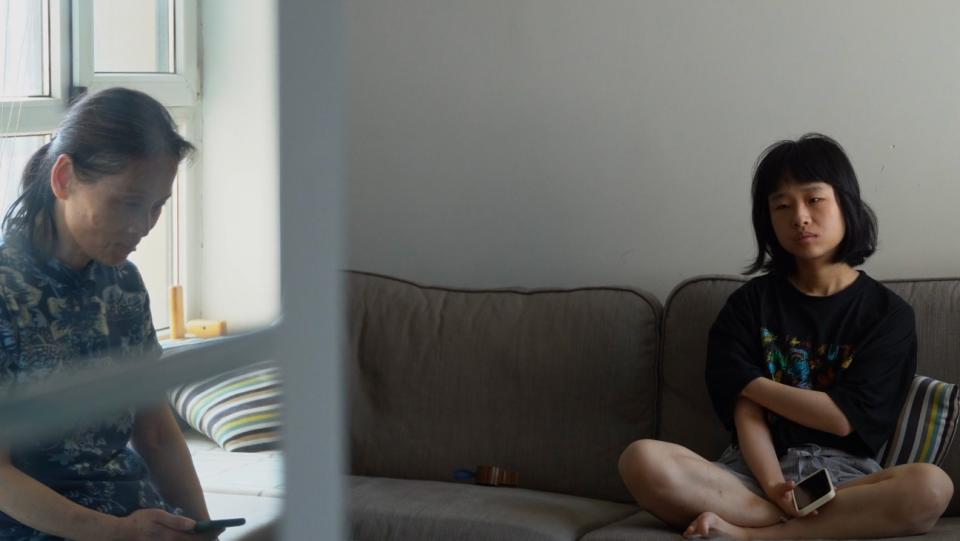FIRST Film Festival: Chinese Women Take Spotlight in First Frame Competition

Director Alan Zhang wasn’t entirely convinced that her first film would find an audience in China, but it has — and more — at the 17th edition of the FIRST International Film Festival.
This annual indie cinema love-in — set way up near the Tibetan Plateau — almost guarantees a full house for every screening, and so they came to see This Woman in droves. When the screening was over, the audience stayed and asked question after question of the filmmaker, who goes by the name Alan
More from The Hollywood Reporter
Surprised by that, Alan then looked to be in total shock when This Woman was named the winner of FIFF’s First Frame award on Saturday — the top prize in a unique program that focuses only on independent film by Chinese women or about Chinese women.
“I came here really hoping that the story of this film doesn’t end here,” said Alan. “This program is a rare thing, and it is a very good platform. It’s dedicated to women and there are not many places like this.”
This Woman is shot in ultra-low budget documentary style, and it came out of a pandemic discussion between the director and her friend and actress Li Hehe about how the various issues facing modern Chinese women were depicted on screen. And so the film follows its lead, Beibei (Li), as she balances the requirements of a marriage that’s going cold with the passion she finds in various affairs. Or at least she tries to. She talks to the camera, while the film follows her daily travails in a clever pseudo-documentary manner that saw the audience unsure of what was fact and what was fiction.

The First Frame program has just completed its third run as FIFF came to a close Aug. 1, and its judging panel — led by leading Chinese feminist and cultural critic Dai Jinhua and including stars Ning Chang and Zhang Zifeng — were left impressed by the quality and diversity of the six features on show in the main competition.
There was also a special mention handed out to the three-hour drama Fate of the Moonlight, an engaging cinematic experience from director Qin Tian that follows a single migrant worker mother, who, like millions of others in contemporary China, has moved to a big city hoping to reap some of the nation’s recent economic rewards.
First Frame follows the overall mission statement of the festival in that it seeks to unearth talent on the rise, but the focus on women has drawn much attention within Chinese cinema circles and outside, with the French luxury house Chanel getting onboard due to what the company says is a commitment to supporting and encouraging women in the arts. It seems to be working as FIFF claims that since the initiative was started, there has been a more than 50 percent increase in overall entries to the festival from female filmmakers.
Director Su Qiqi — whose debut Talks Overnight was also in competition — sees FIFF as playing a unique role in Chinese cinema.
“It’s a festival that encourages more young people to get involved in film,” said Su, whose film also came out of the issues the pandemic pushed front and center for many people globally.
Talks Overnight focuses on a woman who’s struggling with the pandemic, and Su was also at first simply taken by the fact that selection at FIFF ensured an audience for what is, after all, a very small, very personal film.
“Right now this might be the only chance for this film has to face the public audience on the big screen,” she said. “I am just happy that it got picked up.”
For first-time director Li Jue — whose Yangzi’s Confusion looks at the effects divorce has on a mother and daughter — screening at FIFF was also a chance to take in what kinds of films other Chinese women are making.
“Just getting to know the other filmmakers in my section has helped me see the stories that they care about,” said Li. “It has allowed me to compare my film with these other films, so I can see what stage my career is in and the important thing is that being screened here will help me get recognized in the future.”
Best of The Hollywood Reporter

